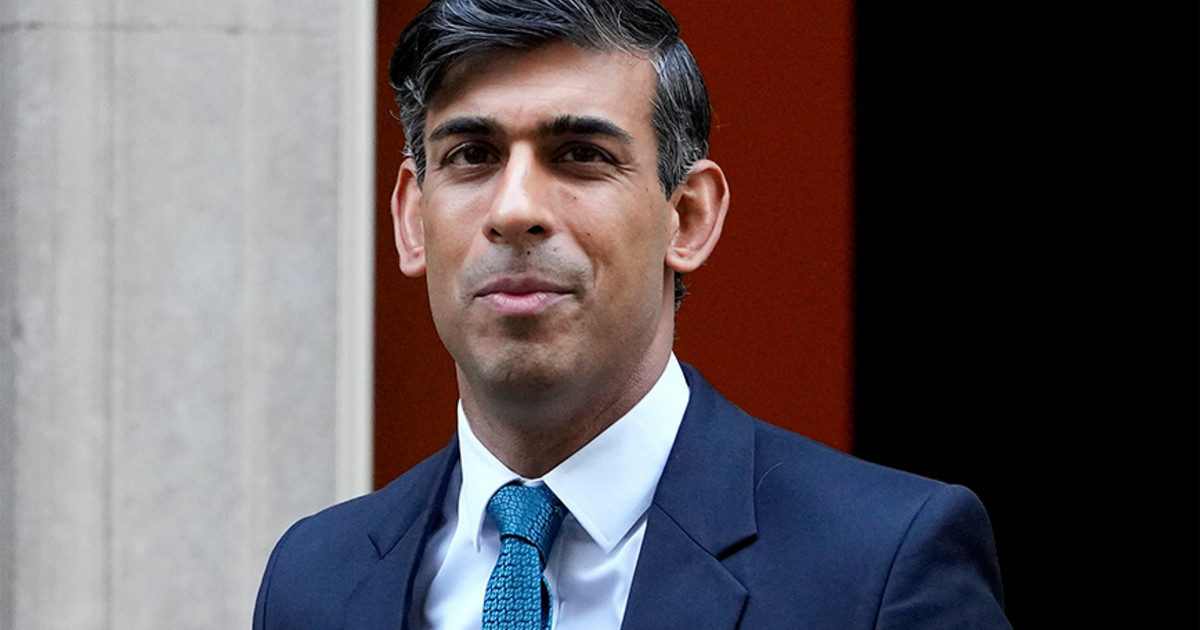On May 13, 1888, the Lei Áurea was signed, which abolished slavery in Brazil. But, 134 years later, a question remains: was there really an abolition of black men and women in the country?
In an interview with CNN no Plural, from CNN Rádio, the social scientist and anthropologist Dagoberto José Fonseca, brought reflections on the subject. “Currently, when we talk about the hunger map, which has returned to Brazil, who lives this hunger map? When we talk about the map of violence, who are the dead in Brazil by the Brazilian state? It is this same population that has a history of violence. The nation project in Brazil is still a project coined in the 19th century,” he said.
After the signing of the Lei Áurea, blacks became disposable, according to Fonseca. “They didn’t have access to schools, to work, they didn’t have access to basic health conditions. There was an effective project to eliminate this population”. And this has persisted over the years. The anthropologist adds: “In 1911, the representative of Brazil at the Conference of Races said that Brazil would eliminate the black and mestizo population, that is, the brown and indigenous population.”
Fonseca explained that slavery was abolished for two reasons. The first was the internal pressure that existed in Brazil on the part of the enslaved population. “It was not just a historical process, of English pressure. There was an internal struggle. Brazil is the last country, yeah [a terminar com a escravidão],” explains the social scientist.
The other was the need for blacks to become consumers, since England was already experiencing the second Industrial Revolution, which marked the transition from the feudal to the capitalist system. “When the African population starts to become a bigger, incalculable problem, then they start to bring the population of Europe here. Today people say in a romantic way that they were immigrants, European settlers, but those who came here were refugees from war in Europe, from the processes that culminated in all the wars in France and England”, explained Fonseca.
Source: CNN Brasil






